Sunday January 19, 2025, Cinerevolt: PFLP Declaration of World War * directed by Kōji Wakamatsu and Masao Adachi * 1971 * Japan * 71 minutes * in Japanese, Arabic, English, French with English Subtitles * doors open at 20:00 * intro & film start at 20:30.
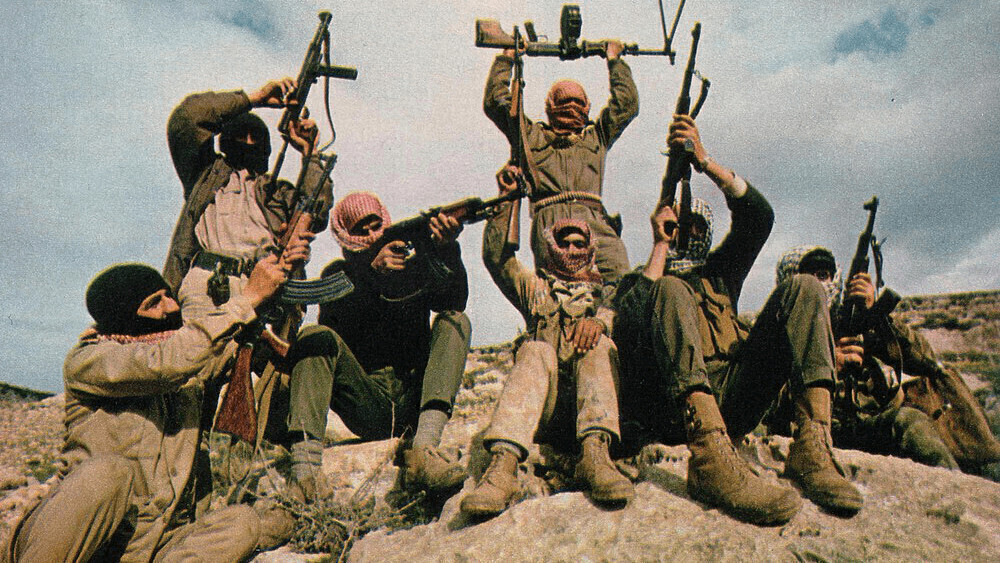 The atrocities that are happening in Palestine right now not only destroy the present and the future of Palestinians and the oppressed throughout the world, they also aim to eradicate their past. One of the magics of Cinema is precisely preservation of a reality which is constantly hidden from our eyes, and few movies give us such a view of the Palestinian experience as this one.
The atrocities that are happening in Palestine right now not only destroy the present and the future of Palestinians and the oppressed throughout the world, they also aim to eradicate their past. One of the magics of Cinema is precisely preservation of a reality which is constantly hidden from our eyes, and few movies give us such a view of the Palestinian experience as this one.
In 1971, after attending the Cannes Film Festival, filmmakers Kōji Wakamatsu and Masao Adachi traveled to Lebanon, where they met with Japan’s Red Army faction and the Popular Front for the Liberation of Palestine to create a propaganda newsreel supporting the Palestinian resistance. The PFLP was a major Marxist-Leninist Organization concerned with the Palestinian Cause and Resistance. In many ways, it serves as the antithesis of the Contemporary Western view of Palestinian Resistance and the Arab World; Secular, Progressive, Internationalist and Socialist. One of their most eminent figures and their spokesman -Ghassan Kanafani- provides exclusive interviews for this movie.
This film is Propaganda, and it is aware of this fact. It is aware of the fact because it openly claims it, and does not present dog whistles aimed at misleading the viewer. Does this make the film less objective though? Does this positionality mean that the movie cannot be neutral? I would claim that the only way to have access to the truth of the Palestinians.
From exclusive interviews with Kanafani, footage of training from PFLP and Japanese Red Army members, the movie draws a line in the sand, and it lets you know which one is the correct side.
“The Epic is for Israel and Documentary for Palestinians” – Jean-Luc Godard
Film night at Joe’s Garage, cozy cinema! Free entrance. You want to screen a movie, let us know: joe [at] lists [dot] squat [dot] net


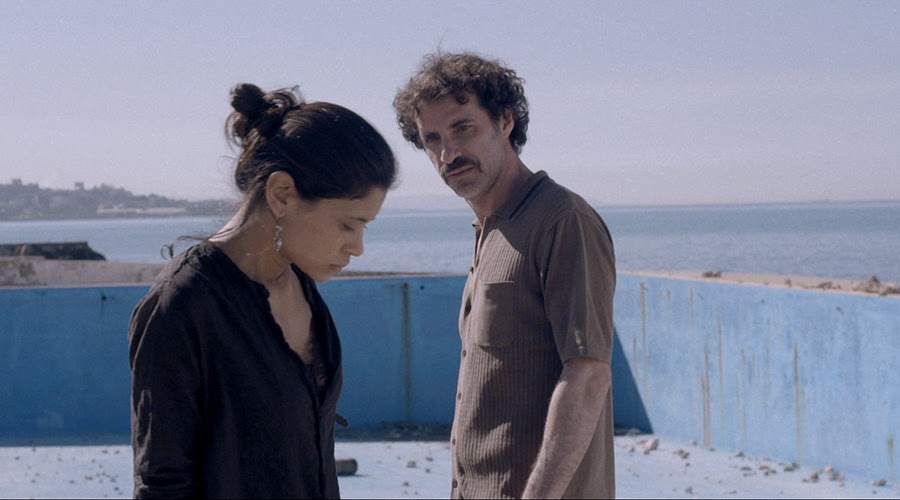
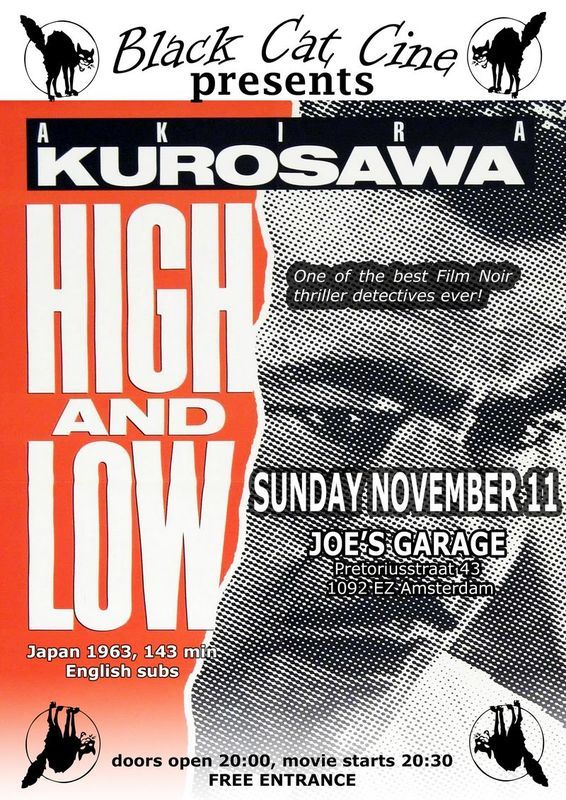



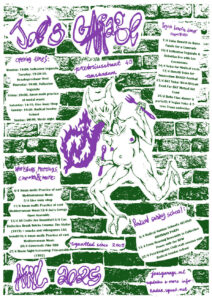
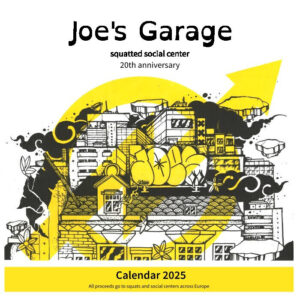
 ANYTHING GOES! Music,…
ANYTHING GOES! Music,…
